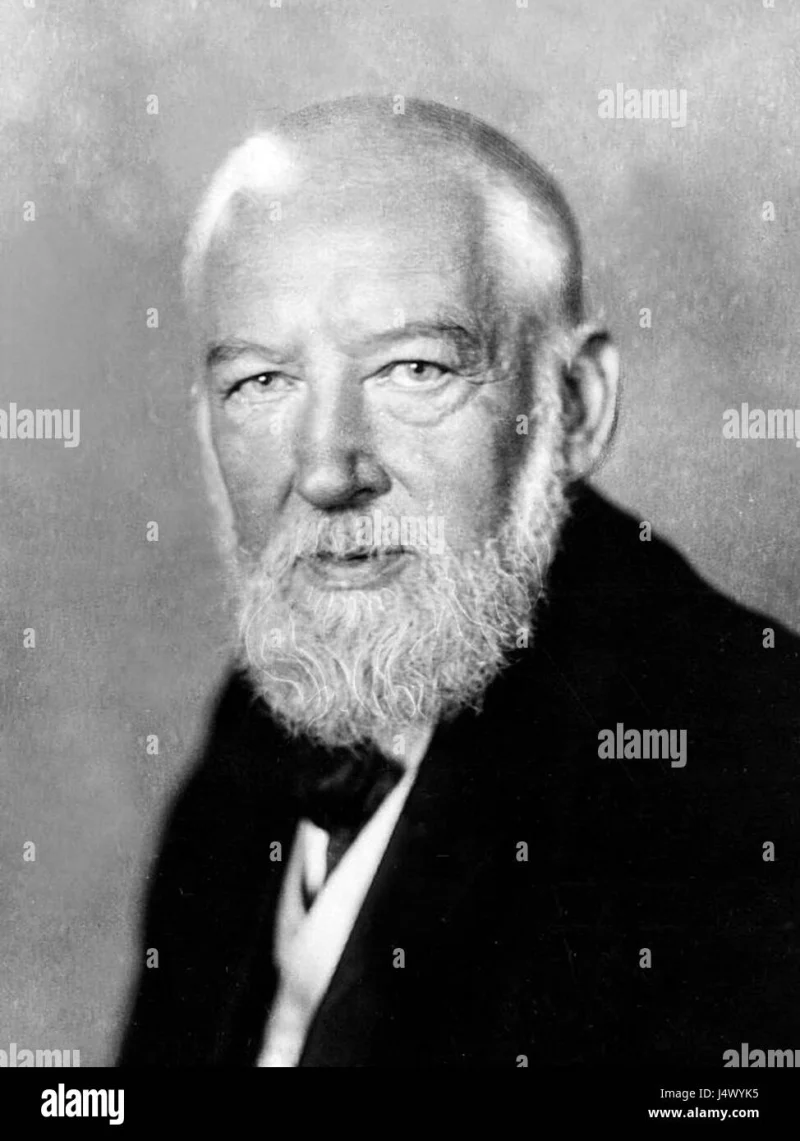Short Summary
Wilhelm Ostwald was a notable Latvian-German chemist and philosopher whose pioneering work in physical chemistry earned him the Nobel Prize in Chemistry in 1909. He is celebrated for his contributions to catalysis, chemical equilibria, and reaction velocities. Ostwald's work laid foundational principles in chemistry and influenced future scientific research, making him a pivotal figure in the field.
Early Life & Education
Wilhelm Ostwald was born on September 2, 1853, in Riga, which was then part of the Russian Empire, now Latvia. He was the son of master-cooper Gottfried Wilhelm Ostwald and his wife Elisabeth Leuckel. His interest in science was kindled early, and he pursued his education at the University of Dorpat (now Tartu University), graduating with a degree in chemistry in 1875. Ostwald's early academic influences included his professors, who inspired his interest in physical chemistry and experimental research.
Career Highlights
Ostwald began his career by teaching at the University of Riga from 1881 to 1887, where he conducted significant research in catalysis and chemical kinetics. In 1887, he accepted a position at the University of Leipzig, where he continued his research and teaching. During his tenure, he developed the Ostwald process for the production of nitric acid, which was instrumental for industrial applications. His publication of "Lehrbuch der Allgemeinen Chemie" (Textbook of General Chemistry) in 1885 further established his reputation as a leading chemist.
Major Achievements
- Developed the Ostwald process: A method for converting ammonia to nitric acid, crucial for fertilizers and explosives.
- Nobel Prize in Chemistry: Awarded in 1909 for his work on catalysis, chemical equilibria, and reaction velocities.
- Founding the discipline of physical chemistry: His research helped establish physical chemistry as a distinct scientific field.
- Published influential textbooks: His works, such as "Lehrbuch der Allgemeinen Chemie," were integral to chemical education.
Famous Quotes
- "In the field of observation, chance favors only the prepared mind."
- "The pure science of today forms the basis of the technology of tomorrow."
Interesting Facts
- He was an advocate for the international language Esperanto, believing it could foster global communication.
- Ostwald was an accomplished painter and believed in the connection between art and science.
- He was part of the Monistic movement, promoting a scientific understanding of the world over religious explanations.
- He spent his later years working on the philosophy of science and the organization of knowledge.
Legacy / Influence
Wilhelm Ostwald's influence extends beyond chemistry into the realms of philosophy and education. His work laid the groundwork for future developments in physical chemistry and industrial processes. Ostwald's promotion of scientific thinking and organization of knowledge has inspired generations of scientists, and his methodologies remain integral to chemical research and industry.
FAQ
Q: Why is Wilhelm Ostwald famous?
A: He is renowned for his contributions to physical chemistry, particularly in catalysis and chemical equilibria, and for the Ostwald process.
Q: What was Ostwald's major contribution to industry?
A: He developed the Ostwald process for producing nitric acid, crucial for fertilizers and explosives.
Q: Did Ostwald receive any major awards?
A: Yes, he was awarded the Nobel Prize in Chemistry in 1909.













